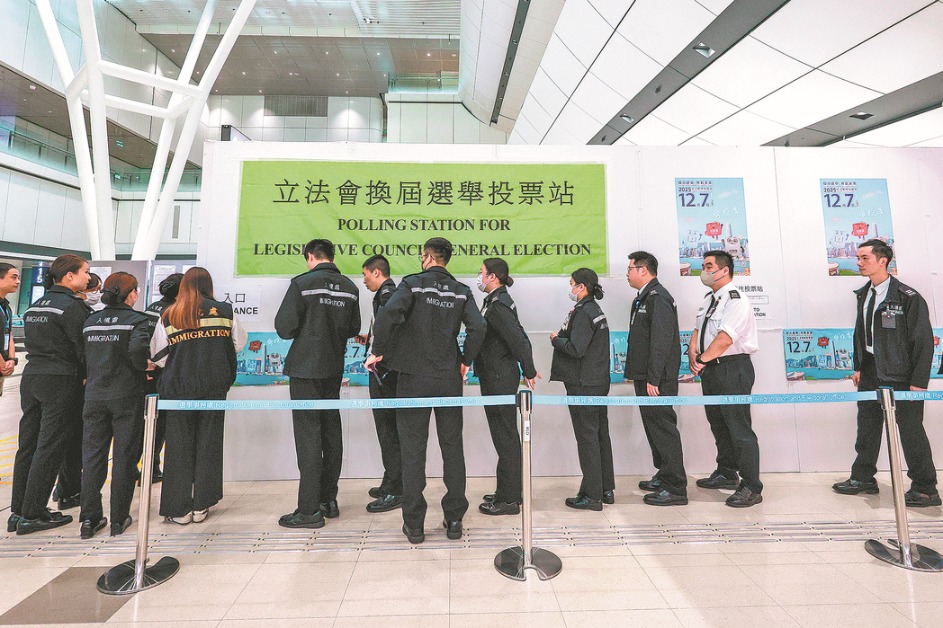IN POLO POSITION
Players of high-end niche sport saddle up to make their mark as they ride on increasing interest in equestrian sector, reports Alexis Hooi in Tianjin.

As a child, Guan Haoyun would enjoy riding horses on the vast plains of Northwest China's Xinjiang Uygur autonomous region with her grandfather.
So when she returned from her studies overseas in 2020, Guan, now 22, searched for opportunities to get back in the saddle.
"I went online and discovered you could play polo here," she says. "I never tried it before but it involved horses, so I thought, 'why not?'"
In less than three years, Guan has become one of the budding players of a sport set to take the equestrian stage by storm, at home and abroad.
Polo is a high-end team sport, requiring significant investments on the horses, training, equipment and facilities. In China, paintings, murals, figurines and other images of "the sport of kings" can be traced as far back as the Tang Dynasty (618-907), with both male and female aristocrats depicted chasing the ball on horseback.
Guan trains and competes at the Tianjin Goldin Metropolitan Polo Club — where there are more than 100 horses catering to over 70 players, making the club a leader of the niche sport in the country.
"Polo is very demanding, physically, mentally, in all aspects, for players and horses alike," the club's head coach Cesar Hugo Palacios says.
"We require the best of horses. They need the intelligence, agility, speed and stamina for the sprints and turns, as well as the ability to be calm and focused, in sync with the players," says Palacios, who is from polo powerhouse Argentina.
The 44-year-old, who has competed worldwide and coached players in China for a decade, says promising, motivated Chinese trainees like Guan will help spur the sport in the country for it to reach top international levels, possibly within the decade.
"The passion for polo is necessary. Knowing the horses and caring for them are essential," he says. "But a comprehensive support network and cultural mindset, including professional staff, related industry and institutions, are also needed. For example, in Argentina we have the 'gaucho' horse-riding tradition and that's important for nurturing equestrian interest and expertise."
To that effect, the club signed a cooperation agreement with the vocational and technical college of the Inner Mongolia Agricultural University in June, involving a joint training base aimed at cultivating talent and professionals in the equestrian and related sectors.
Meng Zhangtao, general manager at the club, says leveraging the resources of the college and industry will help ensure quality and competitiveness in the field.
"What we are doing is also in line with nurturing young people, because they are the future of polo," he says.
"When students are studying abroad and have time to learn polo, they can return to China, return to the club, to improve and hone their skills," says Meng, whose club also hosted the opening summer matches of the country's major polo season that drew players nationwide.
Riding heritage
Qin Hua, director of the polo committee of the equestrian sports association in Xinjiang and deputy secretary-general of the cultural and tourism committee of the region's horse industry association, says pushing polo players to compete not just domestically but also internationally, including in Argentina and England, will help them meet the highest standards.
"At the same time, we can encourage more exchanges and understanding, such as sharing our horse culture and heritage from across the country with our foreign friends during these competitions and related events," says Qin, referring to the rich ethnic equestrian traditions in regions such as Xinjiang and Inner Mongolia.
In 2008, a unique version of polo practiced by ethnic communities in Xinjiang's Tashikurgan Tajik autonomous county was included in a national intangible cultural heritage list, with local authorities subsequently organizing county-level polo games as part of efforts to revive the tradition.
The Tajik ethnic group's games are now held regularly and played on special occasions, such as folk festivals and tourism events, helping to preserve and promote an important part of their heritage.
Wu Gangfang, head of the China Horse Culture, Sports and Tourism Institute, which is affiliated to the art development center of the Ministry of Culture and Tourism, says a new national equestrian education, tourism research and mutual learning cooperation alliance will also "help link the riding clubs of major cities with the magnificent space of equestrian study tours and horseback riding tourism in the ethnic areas of the north and northwestern regions, and open up training, technical safety standards and education on both sides".
"This will help equestrian enthusiasts around the world enjoy the best services from our riding clubs and tourism providers and ensure that they meet international standards and certifications," he says.
"We aim to get more people on horseback and love equestrian sports, for young and old to enjoy the cool of summer and warmth of winter with the horses, and to experience the joy of riding, professionally and recreationally, all year round."
At the Tianjin polo season opening match in mid-June, Guan was part of the winning team that included coach Palacios. The weekend tournament on the manicured lawn of their home club under clear blue skies drew nearly 3,000 spectators online and offline.
"I like being part of a team, facing the competition together," says Guan, who also sets aside time to train with 13 of her horses in Argentina.
"Polo is exciting, intense and spontaneous; even for audiences, when they are up close to the galloping horses, it's exhilarating," she says.
"I hope more people get to try it. For those who are wondering what it's like, I'd also encourage them to just get up the horse and go for it."
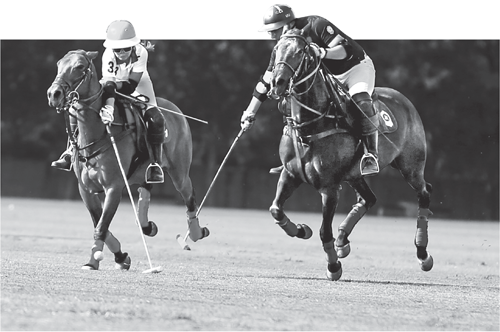
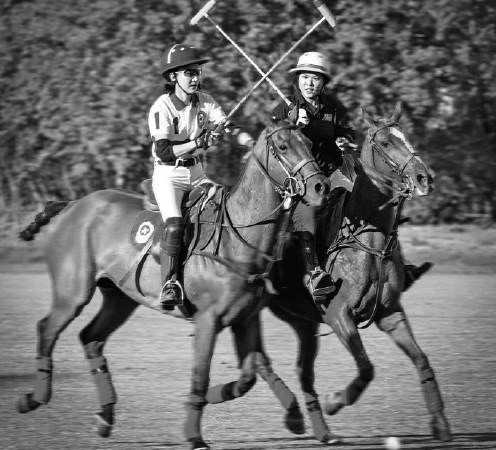
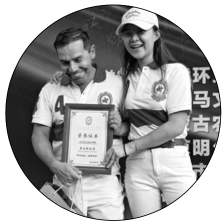
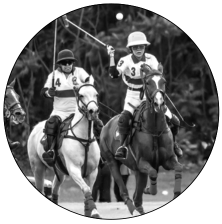
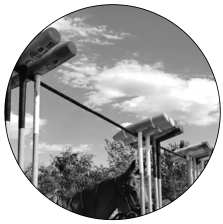
Today's Top News
- Proactive fiscal policy in 2026 emphasized
- IMF Shanghai Center to foster global cooperation
- Foreign trade growth to help advance opening-up
- Japan 'locked' in its historical amnesia: China Daily editorial
- China brings home 1,178 telecom fraud suspects from Myanmar
- CPC Central Committee holds symposium with non-CPC personages on economic work





















